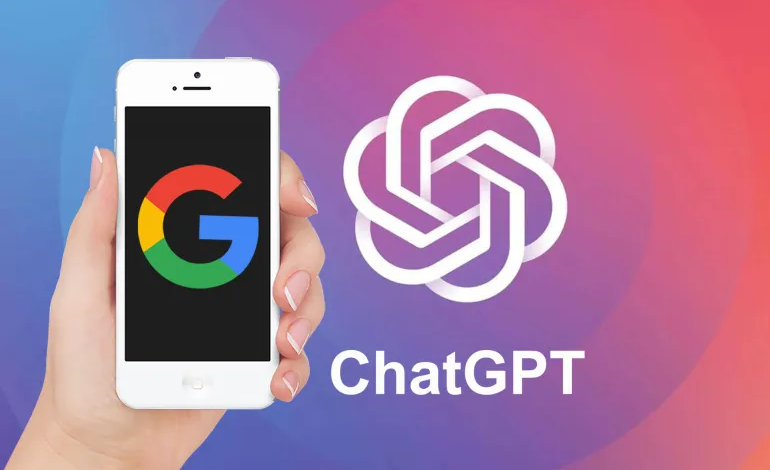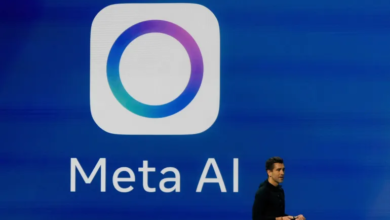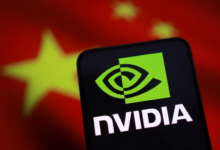ChatGPT: Ushering in a New Era of Interactive Search and Challenging Google’s Dominance


It seems we are living in a world that closely resembles the game “Portal,” where the protagonist, “Chell,” is trapped in a complex environment governed by advanced AI systems like “GlaDOS,” presenting her with challenges that require quick adaptability and continuous creativity.
In this fast-changing digital era, we find ourselves facing a world reshaped by artificial intelligence. Daily tests increase, measuring our ability to adapt to this rapid progress and be creative in dealing with it.
At the heart of this digital transformation, online search has become an essential tool in our daily lives. Over the past two decades, the search engine “Google” has dominated this field, capturing 91.62% of the market, according to the latest statistics from the “Statcounter” platform.
However, with the emergence of “ChatGPT” from “OpenAI” and its introduction of an innovative search tool, we are witnessing the beginning of a new era of competition that could reshape the landscape of online search.
A New Era of Interactive Search with “ChatGPT”
On October 31st, “OpenAI” launched a new search feature in its “ChatGPT” interface (ChatGPT Search), which caused a significant stir in AI circles. The feature was directly integrated into the paid version of “ChatGPT Plus,” priced at $20 per month, with the company promising to make it available to everyone in the near future.
According to “OpenAI,” the search relies on third-party search service providers, in addition to content provided directly by partners, allowing it to deliver real-time answers using information gathered from the web. Instead of relying solely on its training data, “ChatGPT” browses the internet to provide updated and summarized answers from various sources.
AI Experts React to the New Search Feature
“Conor Greenan,” Senior AI Engineer at New York University’s Stern School of Business, expressed admiration for the new search experience, noting that “ChatGPT Search” represents a shift in the standard for online search, considering it superior to “Google” in terms of speed and user interface.
For her part, “Sabrina Ramonoff,” an AI expert, praised “ChatGPT’s” use of reliable sources in its search results, stating that she prefers the interactive search experience offered by tools like “ChatGPT” and “Perplexity.”
Does “ChatGPT” Threaten Google’s Dominance?
In light of the increasing ads and unwanted content in “Google’s” results, “ChatGPT” offers a clearer and smoother search experience. Despite this progress, “Google” still holds its massive distribution and ease of use. For many experts, “Google” remains in a strong position, but it must adapt to the rapid changes imposed by AI.
In this context, “Google” has begun integrating AI features into its search engine to keep up with the growing competition from “ChatGPT” and “Perplexity.”
Upcoming Challenges
Despite the promises from “OpenAI,” there are still challenges that AI tools like “ChatGPT” may face, such as the “hallucinations” problem, where the AI might generate inaccurate information. As the use of these tools continues to grow, concerns about energy consumption and potential biases in data also increase.
In conclusion, it appears that “ChatGPT” may not be an immediate replacement for “Google,” but it represents the beginning of a new era of interactive search that threatens to change how we engage with information on the internet.








